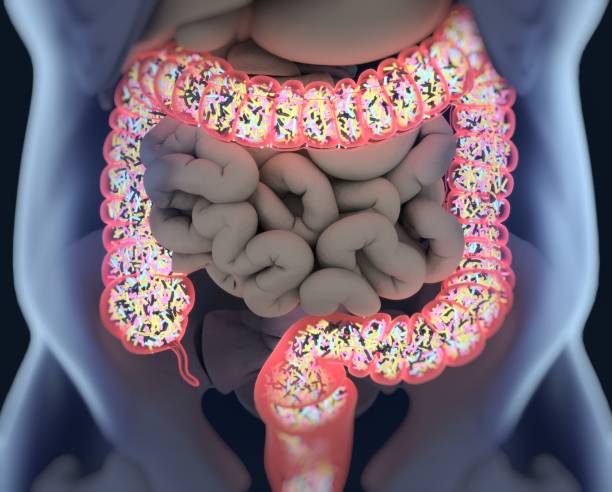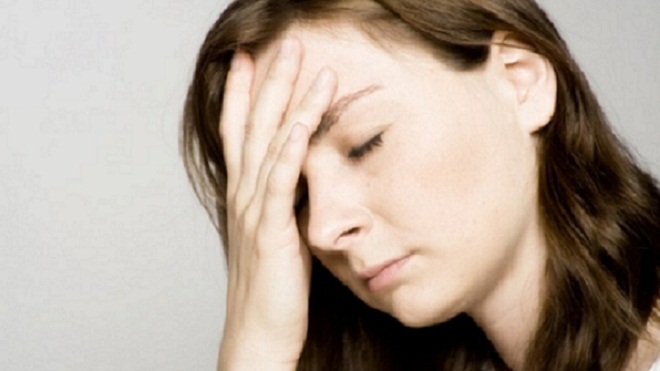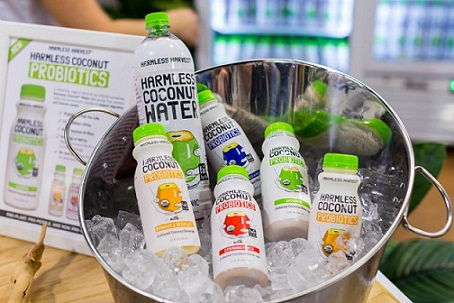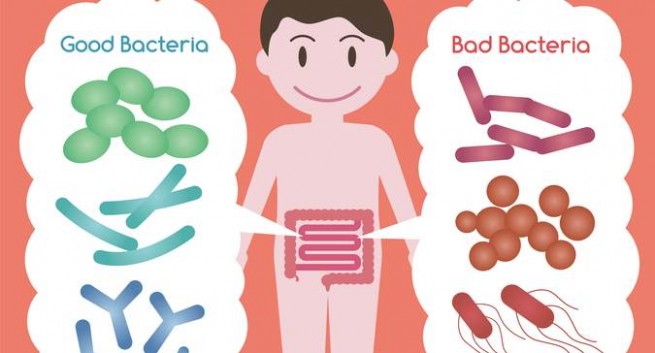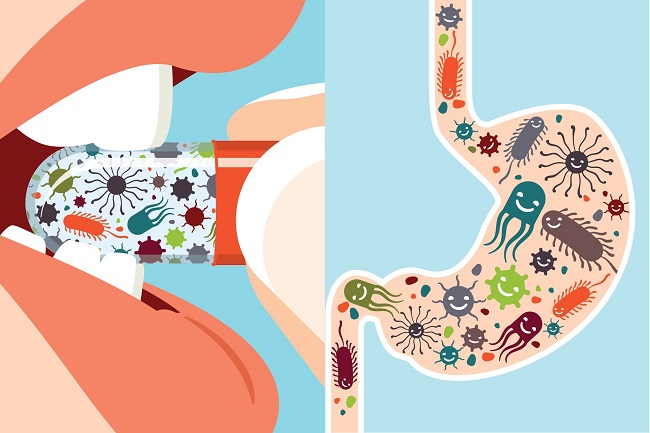Probiotics That Will Eliminate Your IBS
IBS or Irritable Bowel Syndrome is more common than you might think. According to medical researchers, IBS affects nearly one in five Americans.
Although the subject of bowel movements (bowel syndrome) can be cringe worthy for some people, it is an important discussion, considering its serious health impact.
Here is everything you should know about IBS and how probiotics can be used to treat.
What is Irritable Bowel Syndrome?
IBS is classified as a functional gastrointestinal disorder because it does not have the obvious signs of a disease like inflammation or ulcers. A colonoscopy is the usual test conducted to understand the things wrong with digestive tract. However, in case of IBS there are no symptoms detected.
It is common for IBS to be misdiagnosed as colitis, mucous colitis, inflammatory bowel disease, and even spastic colon.
Even though IBS has been recognized and now become a treatable condition, these terms keep cropping up. It is estimated that symptoms of Irritable Bowel Syndrome are responsible for more than 20% visits to the gastroenterologists.
Types of IBS
Bowel movements refer to the bowel muscles contracting. This happens few times a week for most people. People suffering from IBS have sensitive bowel muscles and the theory is that certain foods or stresses can cause more contractions.
Drinking coffee or eating a salad might not have any effects on a person with a healthy digestive system. However, these foods might cause painful symptoms like bloating and diarrhea in a person with IBS.
There are 4 subtypes of IBS depending upon the type of bowel movements experienced. IBS-D is diarrhea predominant, IBS-C is constipation predominant, IBS-M alternates between diarrhea and constipation, while IBS-U is unspecified and includes people that do not fit in any of the other categories.
There is another sub-type of IBS called ‘post-infectious’ that covers people who acquire IBS symptoms following an infection. This sub-type may apply to as many as 25% people suffering from IBS.
What are the Symptoms of IBS?
The usual symptoms of Irritable Bowel Syndrome include gas, bloating, vomiting, nausea, pain, constipation, diarrhea, and mucus in the stools. Bowel movements are often accompanied by cramps which might prevent people with IBS from passing anything.
The severity of IBS symptoms can vary from person-to-person and can be described as anything from mild annoyance to debilitating. It is important to note that vomiting bile, weight loss, fever, blood in the stool, and persistent pain in the abdomen are not IBS symptoms. These could be a result of some other problem.
Diet, Probiotics and IBS
IBS symptoms generally flare up right after, or even during a meal. Some common triggers of this disorder include alcohol, fatty foods, caffeine, and gas producing foods, like broccoli or beans. What’s more complicated is that not everyone experiences IBS symptoms right after a meal or eating the same foods.
It can be difficult for you to track down your exact causes because they vary from person to person and might result in symptoms unique to you. There are many triggers that are common among different IBS patients. However, the range is largely unique to each person.
IBS symptoms may also come and go after eating the same meals in the same composition. It is possible for something that resulted in no symptoms, to suddenly begin causing problems.
IBS sufferers are mostly recommended to maintain a food and symptom diary. It is a good way to trace foods that may lead to IBS symptoms. Start with a bland diet of food that are largely considered safe for IBS patients and gradually add in a new food each week which should not include bags of potato chips right Mimi from The Drew Carey Show!?
This will allow you to find specific food triggers. You can then discuss the food diary with your dietician or doctor for treatment assistance. Some popular brands of probiotics to treat IBS is dna shift probiotics, and the azo cvs brand.
IBS and Fiber
Constipation is a common IBS symptom that affects almost 90% IBS patients. Your doctor may prescribe fiber supplements, laxatives or even prebiotic supplements to help with both constipation and diarrhea.
Fiber supplements can be helpful since they can bulk up your stool and improve stool consistency, without the symptom flare ups that might accompany a salad meal or gluten-containing whole grains. Try to find fiber that is also high in probiotics or are supplemented with probiotics as this helps treat your IBS so it can go away for good.
You should use laxatives as and when required because it is very easy to become dependent on them. It is possible to reduce symptoms of IBS by eating a fiber rich diet, which does not contain any triggers. It can be difficult to find the right kind of fiber, and often there is some trial and error involved.
While not necessarily a fibre rich food, there is anecdotal evidence that manuka honey works wonders for IBS. Read more here about best manuka honey to buy.
IBS Can Be Treated with Probiotics and other lifestyle changes
Medical community has recognized IBS as a treatable condition by making changes to lifestyle, diet, medications and reducing stress. You may experience relief with a combination of two or more of the above. Probiotics can help treat IBS and has been shown. However, there is still a lot to understand about IBS and it may take time to develop a single-pill treatment.
There are many anti-spasmodic drugs and tranquilizers that may be used to stop the spasms in the bowel muscles. Stopping over-sensitivity of muscles in the bowel can help reduce feeling of urgency and pain involved in passing stool. Anti-diarrhea medications may be used to slow down watery or frequent stools.
You can make multiple lifestyle changes, like eating smaller portions at mealtimes and increasing the number of times you eat in a day. Five small meals are known to help alleviate IBS symptoms in most people. Small meals – not massive ones.
It is possible to reduce the symptoms of IBS by eating a healthy diet, getting daily exercise and drinking plenty of water. These changes will also help you lead an overall healthy and happy life.
It is best to remove certain foods like alcohol, artificial sweeteners, carbonated beverages, artificial fat, egg yolks, dairy, oils, fried foods, red meat, shortening and solid chocolate, among others from your diet.
In addition to medical treatment, it is important that you practice relaxation therapy. Stress can be a major contributor to IBS distress because it can make the symptoms appear worse than they actually are.
Knowledge is Power
IBS is increasingly being seen under a new light, which can be good news for most people. It is possible for you discuss these symptoms with your healthcare provider without being told that the symptoms are ‘all in your head’. Treatments for IBS are considerably improved now and there is much awareness about the condition as well.
